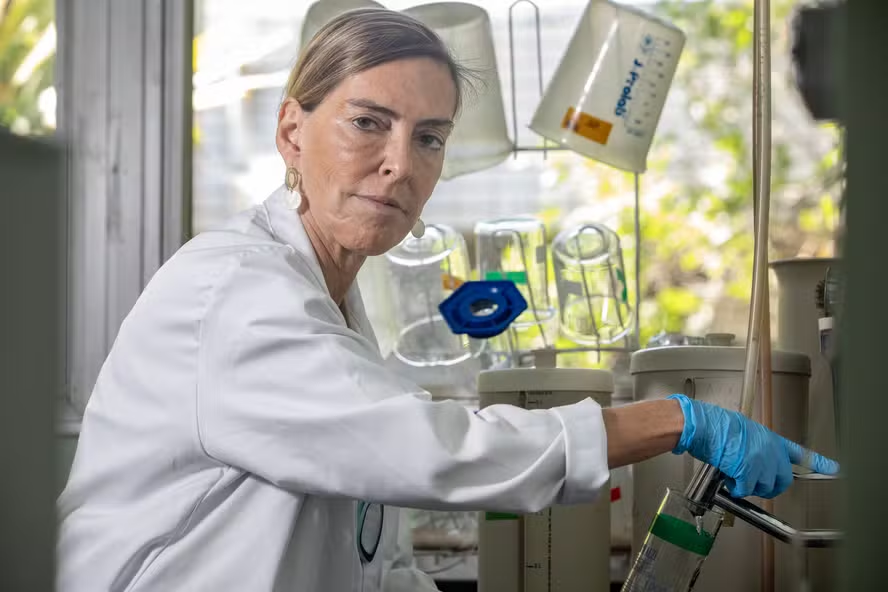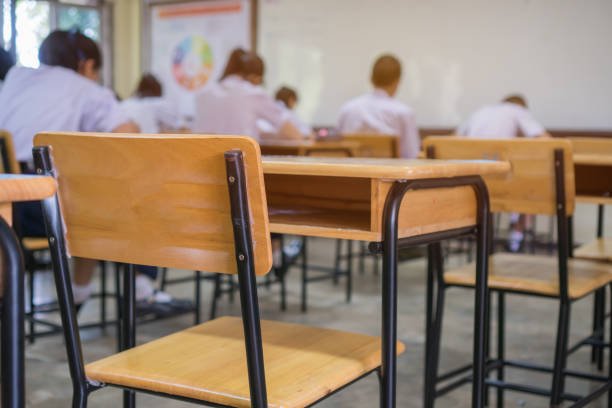
By Patricia Almeida
I have been following with apprehension, like many people, the increase in the number of births of babies with microcephaly, possibly associated with zika virus in Brazil.
As an activist of the movement for the rights of people with disabilities, it woes me to see that both government authorities, the media and public opinion in general seem to only be concerned with:
1) killing the mosquito
2) finding the cause of the outbreak of microcephaly
3) developing a vaccine against the zika virus
All these measures are necessary, but what about the children with microcephaly, who were born, are being gestated and will continue to be born?
What about their families, who are poor and most of them reside in areas where, due to lack of sanitation, mosquitoes proliferate and zika spreads?
What will be of their right to health, to therapies to promote the development of these children, access to childcare and to inclusive education?
Who will provide support for mothers and fathers?
So they can reach their potential, children with microcephaly need to receive specialized health services and early stimulation, such as physiotherapy, speech therapy and sensory integration, among others, since birth.
Although every person with disabilities have rights guaranteed by the Constitution, the Convention on the Rights of Persons with Disabilities and the recent approved Brazilian Inclusion Act, it is known that the rehabilitation system, even before this epidemic, was insufficient. In many municipalities there are no professionals, forcing families to move in search of assistance.
The queue to be seen by health professionals in the public and private system, as well as for tests, is huge. A child with a disability cannot wait for treatment, because the first three years of life are critical to their development.
Also, places in the few kindergartens and public preschools are scarce, and they are not prepared to include children with disabilities. By law, public schools should provide adjustments to physical accessibility, resource rooms and a public school assistant. But they need to be notified so that the municipality can allocate the necessary support to students with disabilities. It turns out that often the resources to provide accommodations only arrive one or up to two years after the child enters school! This delay jeopardizes the student’s permanence and progress in school.
Along with all the measures being taken by the government in this serious health crisis, it is urgent to include actions to welcome families, giving them support, information, and ensure access to health care, therapy and education to children who are born with disabilities.
I wish this great mobilization that is being done around the mosquito, moved a little its focus to shed light to this helplessness situation many families who are underserved are going through, to improve care for people with microcephaly and all kinds disabilities.
Patricia Almeida is a journalist, mother of a child with disability and coordinator of Inclusive – Inclusion and Citizenship
Source: www.inclusive.org.br



